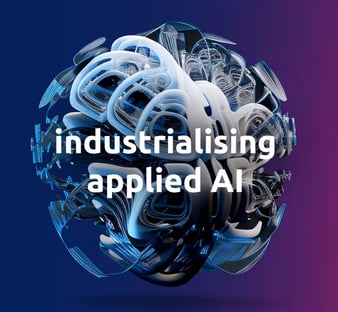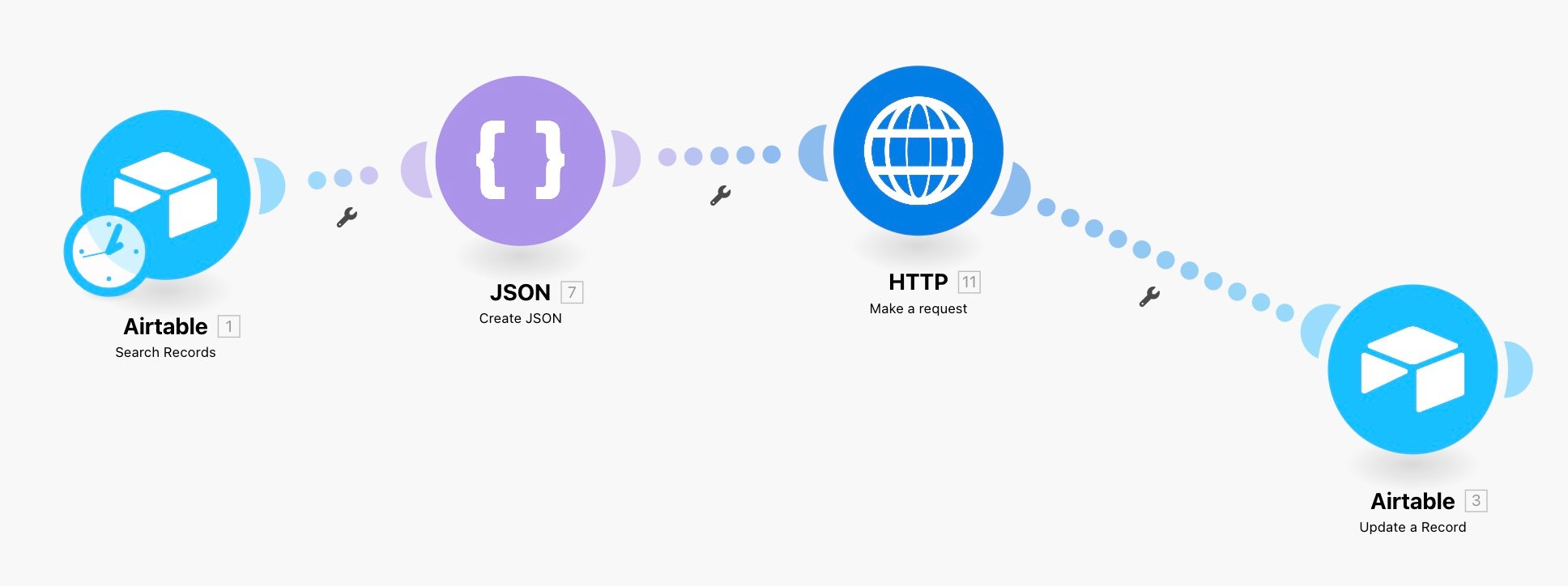

The Benefits of Implementing AI in Your Marketing Strategy


As the marketing industry becomes increasingly data-driven, artificial intelligence (AI) is becoming more important than ever. By analysing vast amounts of customer data, AI can help marketers understand consumer behaviour, personalise marketing efforts, and make more informed decisions. In this article, we'll discuss the benefits of implementing AI in your marketing strategy, including personalised marketing, predictive analytics, and , automation and creative execution.
Personalised Marketing
One of the biggest benefits of using AI in marketing is the ability to deliver personalised experiences to customers. By analysing customer data, AI algorithms can identify individual preferences and behaviours, allowing marketers to tailor their messaging to each individual. This can lead to higher engagement, conversion rates, and customer satisfaction.
For example, Netflix uses AI algorithms to analyse viewing behaviour and recommend personalised content to each individual user. By delivering personalised recommendations, Netflix has been able to increase customer satisfaction and loyalty.
Predictive Analytics
Another key benefit of using AI in marketing is the ability to make predictions about future customer behaviour. By analysing large amounts of data, AI algorithms can identify patterns and trends that humans may not be able to see. This can help marketers make more informed decisions about how to target their messaging and allocate resources.
For example, a retailer could use AI to analyse sales data and identify which products are likely to sell well in the future. By using this data to inform their product development and marketing efforts, the retailer could improve their chances of success.
Automation
AI can also be used to automate routine tasks, such as data entry, lead scoring, and email marketing. By automating these tasks, marketers can free up time for more strategic planning and focus on activities that require human expertise. This can lead to increased efficiency, reduced errors, and more time for strategic planning.
For example, an email marketing campaign could be automated using AI to send targeted messages to different segments of the customer base. This could help improve the effectiveness of the campaign and free up time for marketers to focus on other strategic activities.
Creative Execution
With the advent of Generative Adversarial Networks or GANs, it is now possible to generate entire images and copy by simply providing these models with a human-readable text prompt.
Here at Construct, where we have previously spent hours doing DI work to manipulate stock images to meet the client’s needs, we can now simply generate artwork and images to our exact specifications with tools like MidJourney and Open AI’s Dall-e.


Case Studies
There are many examples of companies that have successfully implemented AI in their marketing strategies and seen significant benefits. For example, Sephora uses AI to offer personalised product recommendations to customers based on their skin tone and preferences. By delivering personalised recommendations, Sephora has been able to increase customer engagement and sales.
Another example is Coca-Cola, which uses AI to analyse social media conversations and identify emerging trends in consumer behaviour. By using this data to inform their marketing campaigns, Coca-Cola has been able to stay ahead of the curve and remain competitive.
But let me tell you about our own personal experiences. Besides generating unique and interesting artwork for client projects, we have also started to use AI for tedious work, for example in generating SEO optimised Meta Data for large websites with thousands of pages.
The diagram below shows a workflow developed in Make.com that leverages an Airtable database along with Open AI's GPT API to generate SEO optimised Meta tags for a website.
Challenges and Considerations
While there are many benefits to implementing AI in marketing, there are also challenges and ethical considerations that must be addressed. For example, there are concerns around data privacy and bias, as AI algorithms may inadvertently reinforce existing biases or use sensitive data inappropriately. Marketers must be careful to address these concerns and ensure that their use of AI is ethical and responsible.
Conclusion
In conclusion, implementing AI in your marketing strategy can offer many benefits, including personalised marketing, predictive analytics, automation and creative production. By leveraging the power of AI, marketers can better understand consumer behaviour, make more informed decisions, and free up time for more strategic planning. However, it is important to address challenges and ethical considerations to ensure that AI is used in a responsible and ethical manner.
Subscribe to our AI Newsletter to keep abreast of the latest developments and news in Artificial Intelligence.
Subscribe to the AI for Marketers Newsletter
More insights